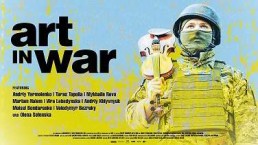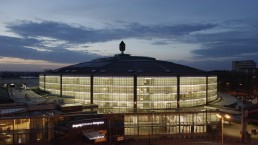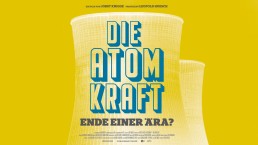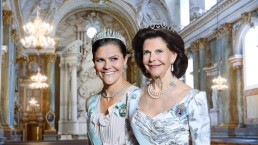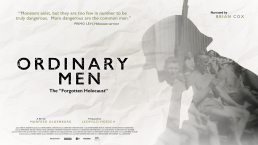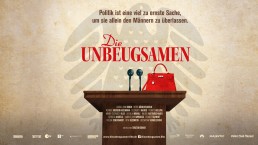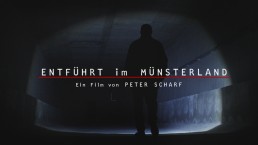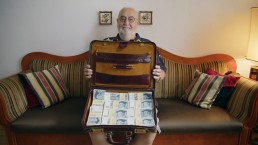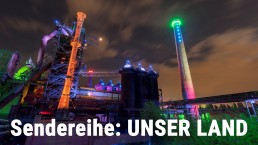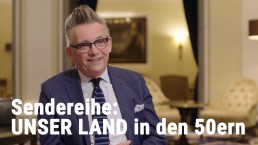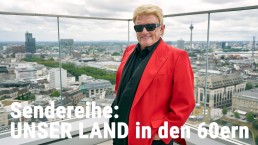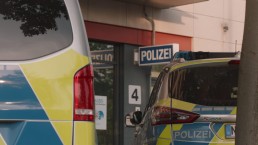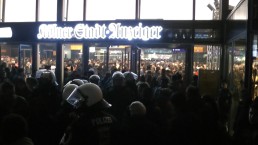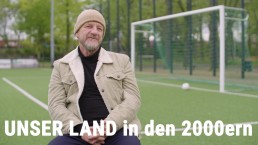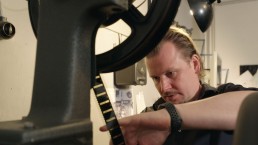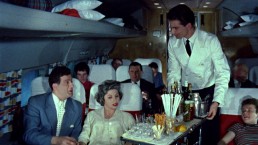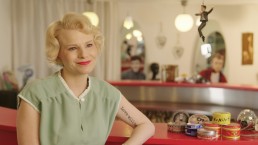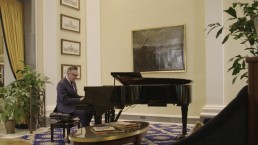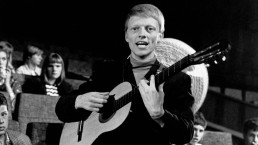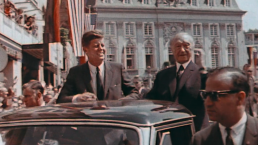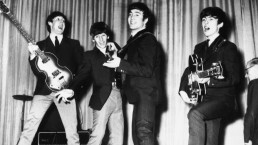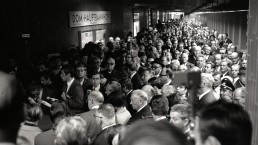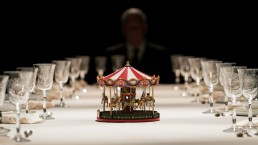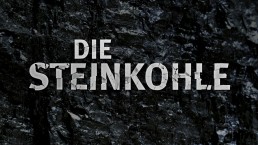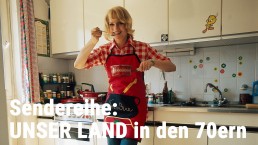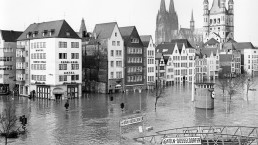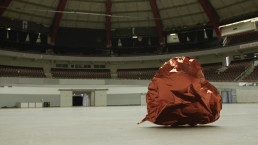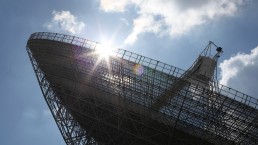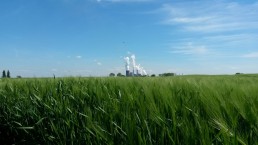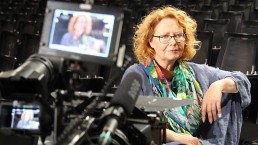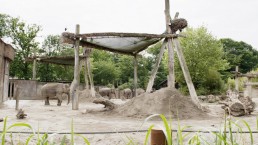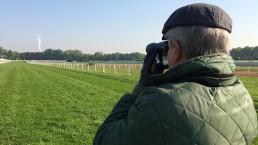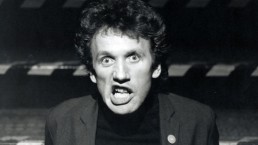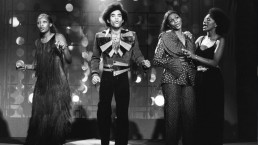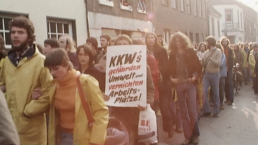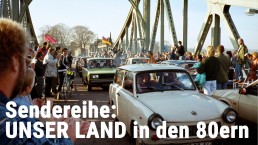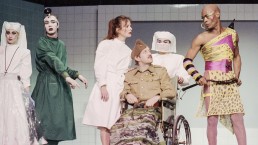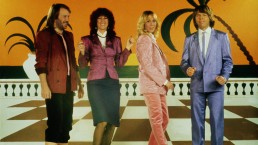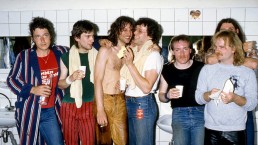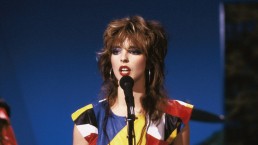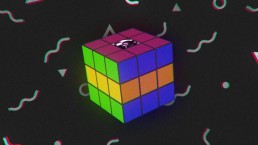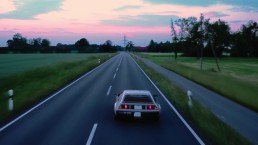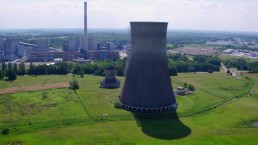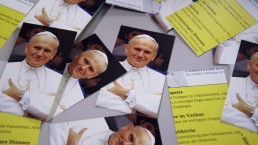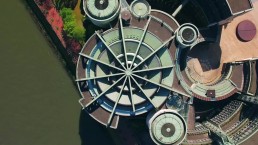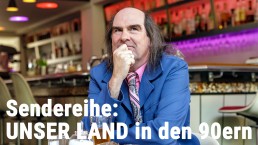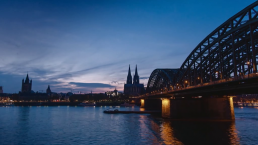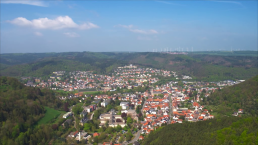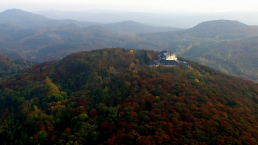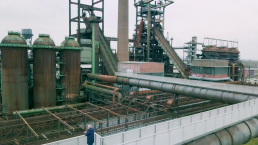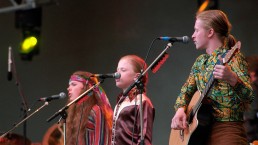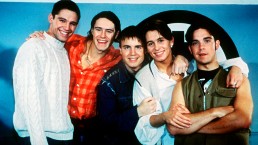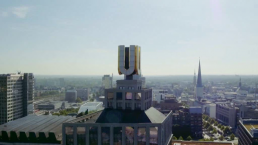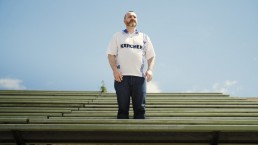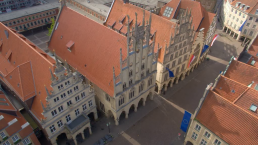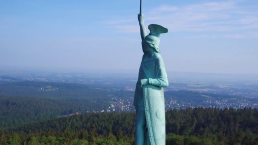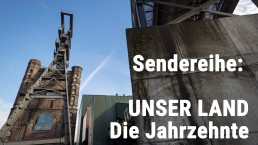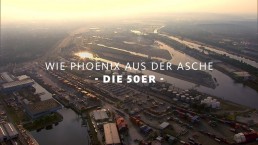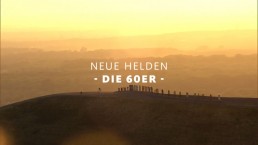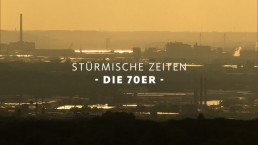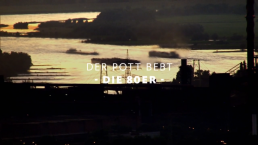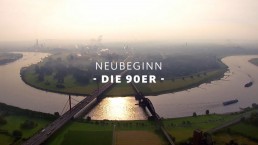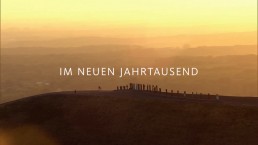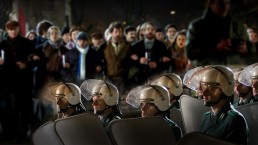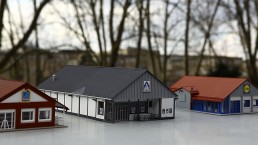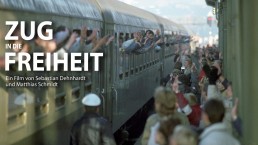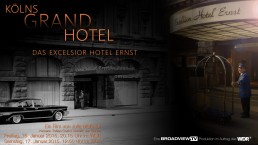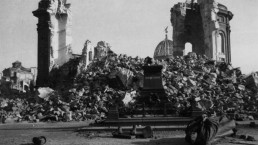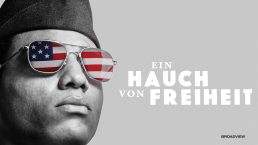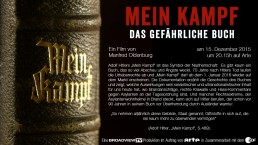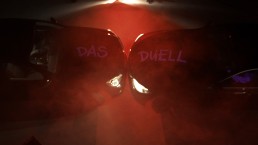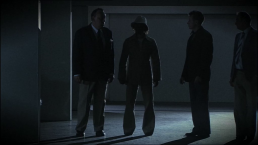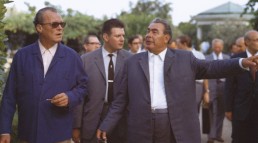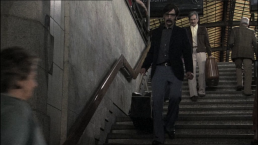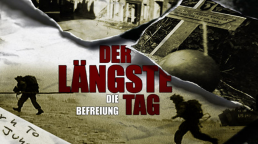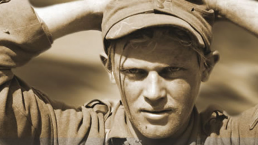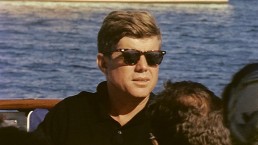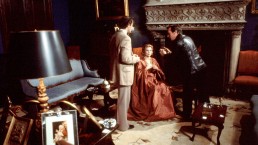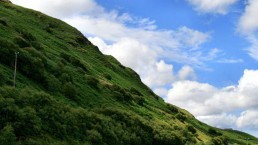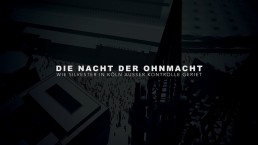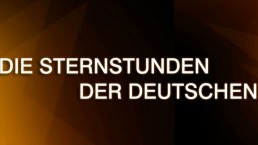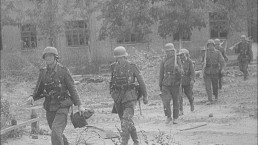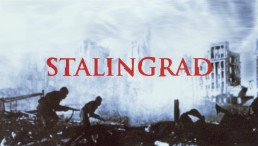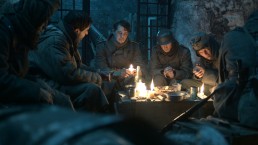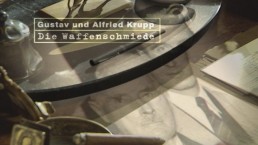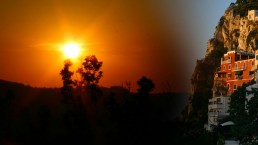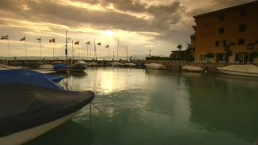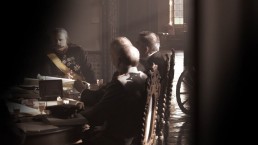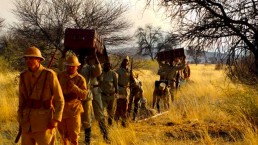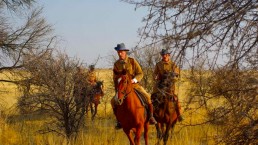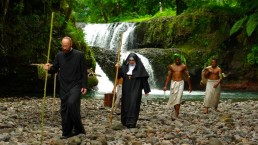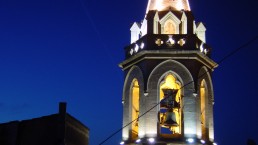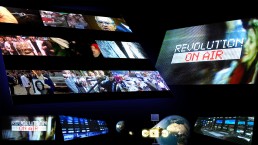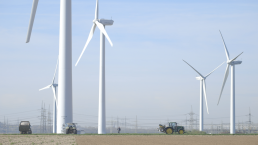
1989 was the year of great freedoms: For some it was taken away, for others it was surprisingly given. When Marius Müller-Westernhagen sang "Freiheit" (Freedom) in Dortmund's Westfalenhalle, 20,000 visitors sang along. Goosebumps in North Rhine-Westphalia - after the fall of the Wall and the opening of the border in the east of the republic.
The last episode of the WDR series "Our Country in the 80s" tells of a year that made history. Even in the West, people quickly realised: we are right in the middle of it. Perestroika and glasnost came all the way to Dortmund when Soviet General Secretary Michael Gorbachev spoke to enthusiastic Hoeschians.
A strong-willed farmer in the Warburger Börde put an end to the British military manoeuvres in his village in a resolutely Westphalian way: he simply parked his tractors in front of the rolling tanks - until a British general promised that tanks would never drive over the main street of Borgentreich again.
1989 was also a year of sporting triumphs: the young, fairly unknown table tennis doubles team of Jörg Roßkopf and Steffen Fetzner became world champions in a completely unexpected way in the sold-out Westfalenhalle in Dortmund, causing a table tennis boom in Germany that continues to this day. The German women's national football team became European champions - in their own country. And the DFB offered a very special prize: a coffee set.
A state of emergency prevailed at the Cologne publishing house Kiepenheuer und Witsch: the Iranian revolutionary leader Ayatollah Khomeini had called on all Muslims to kill the British author Salman Rushdie because of his book "The Satanic Verses" - as well as all those who collaborated in the publication of the book. German editor Bärbel Flad recalls in the film: "There were people who crawled under the desk, and there were also people who stood on the balcony and demonstrated for freedom of the press."
But the images after the opening of the German-German border in 1989 are particularly etched in people's memories. GDR citizens came to NRW - and brought their Trabants with them. In Bielefeld, a lively market soon developed for the cute East German cars, and in the Rhineland a resourceful petrol station attendant collected money for the new citizens by offering Trabi excursions to Westerners.
A particularly touching family reunion took place these days in the shadow of Cologne Cathedral: A pair of twins from Cologne and East Berlin reunited after 16 years apart. A moving moment that Rolf and Ulrich Guttmann remember fondly in the film.
The film is narrated by Caroline Peters, who grew up in Cologne and came of age in 1989.
First broadcast: Friday, 12 October 2018, 8.15 p.m., WDR
OUR LAND 1989 - Freedom
1989 was the year of great freedoms: For some it was taken away, for others it was surprisingly given. When Marius Müller-Westernhagen sang "Freiheit" (Freedom) in Dortmund's Westfalenhalle, 20,000 visitors sang along. Goosebumps in North Rhine-Westphalia - after the fall of the Wall and the opening of the border in the east of the republic.








